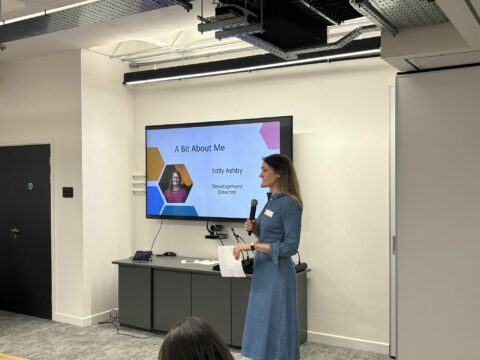The evolution of work: Mayden’s journey towards self-managed innovation

In the heart of Bath, amidst the changing landscape of healthcare and the evolving digital realm, Mayden, a company deeply embedded in the West of England for over two decades, has been redefining the very essence of organisational structures and leadership. In a captivating session at our recent Good Employment Summit, Michele Rees-Jones - Coaching Programme Product Owner, and Dr Philippa Kindon – Programme Manager & Coach, outlined Mayden's unconventional yet highly successful management structure. They delivered an exceptional presentation that took us into a world where hierarchy takes a backseat, and instead self-management leads the way.
The winds of change
Mayden recognised a shift in the demand for healthcare solutions, with digital advancements becoming a pivotal component. Their existing methodologies were lagging, marked by sluggish processes, bureaucratic hurdles, and unsatisfactory delays in developing new features. Employees were disheartened, and change became an imperative for both internal and external success.
Two key moments led to this transformation.
Firstly, Mayden’s founder wanted a better approach to management as he had never been happy with the traditional hierarchical structure of the organisation.
At the same time, colleagues attended an agile conference and discovered the SCRUM method of working, which they then enthusiastically implemented into their development teams.
Dismantling hierarchy: the birth of self-management
In a bold move, Mayden decided to abolish traditional line management roles across the entire organisation. Maybe naively, they assumed this would result in staff becoming more motivated but a staff survey that followed the launch of this new way of working, showed this wasn’t the case. Instead, they saw a staggering dip in staff satisfaction which prompted them to reflect on the decisions they’d made to remove line management responsibilities.
Although the easy option would have been to re-introduce line managers, Mayden were determined to make this new way of working a success. So instead, the team organised a staff away day with the aim of giving every member of staff an opportunity to voice their opinions on how they would like the organisation to be managed, and how they see staff autonomy working.
This away day not only gave senior team leaders ideas of new ways of working, but it also reinforced the main reason for removing line management responsibilities. By inviting employees to be part of this conversation, they feel empowered which in turn aligns organisational values with the work environment, thus increasing innovation and improving customer service.
The key points that came out of the day included:
- Fostering a culture of challenge
- Implicit trust
- Removing any blame if things don’t go to plan
Navigating the self-managed territory
The shift to self-management triggered mixed reactions. Sceptics questioned the potential chaos and queried the absence of hierarchy for resolving issues.
Mayden recognise that although there aren’t traditional line managers, there are still experts across the organisation, and this completely flat structure gives every member of the team an opportunity to develop their knowledge.
They also established a clear decision-making framework to ensure that ideas are formulated in the most effective way, and this gives staff the confidence that they are working in a conducive manner.
The path to empowerment and liberation
Mayden admits that their approach isn't without challenges. However, the rewards are empowering and liberating. Empowered employees facilitate swifter processes and more immediate customer assistance without the need for hierarchical interventions.
The company saw a transformation in leadership dynamics, welcoming contributions from all corners of the organisation. Opportunities for career growth expanded, encouraging lateral movements based on skills and inclinations, not just vertical climbs.
Challenges and opportunities
However, the self-managing environment is not everyone's cup of tea. To work and thrive in an autonomous environment, confidence and responsibility are key.
Mayden have developed coaching and mentorship programmes being developed and in turn, new types of ‘leadership’ roles being created.
Mayden also continue to prioritise openness and continual, which empowers any employee to identify and rectify issues. This ethos stands as a testament to their commitment to the evolution of the business.
A vision for the future
In the ever-evolving landscape of work, Mayden’s innovative approach sparks contemplation about future ways of working. Is this self-management a passing fad or a glimpse into the future of organisational structures? Mayden’s pioneering spirit encourages other organisations to explore alternative frameworks beyond traditional hierarchies, igniting dialogue about the future of work.
To learn more about Mayden's journey and delve deeper into the nuances of the Good Employment Charter, get in touch and join the conversation about shaping the future of work.
The journey towards self-managed innovation is just the beginning—your participation could shape the future of work for all.
Related Articles
Count Published date12 September 2024
Published date12 September 2024  Published date30 May 2022
Published date30 May 2022 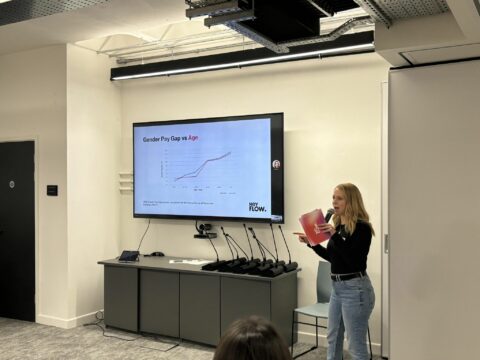
 Published date6 April 2022
Published date6 April 2022  Published date6 April 2022
Published date6 April 2022  Published date6 April 2022
Published date6 April 2022 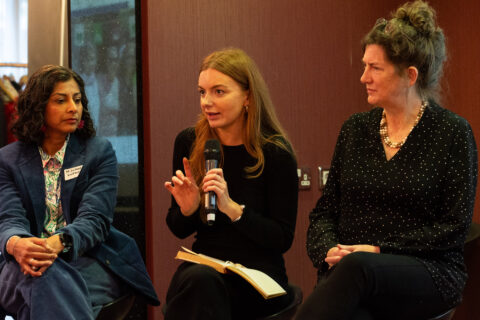
 Published date13 June 2022
Published date13 June 2022  Published date12 April 2022
Published date12 April 2022 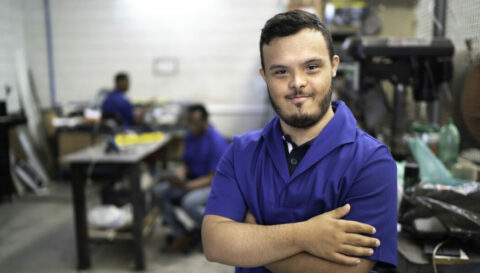
 Published date12 September 2024
Published date12 September 2024 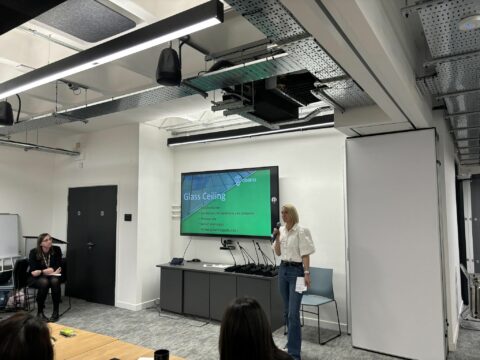

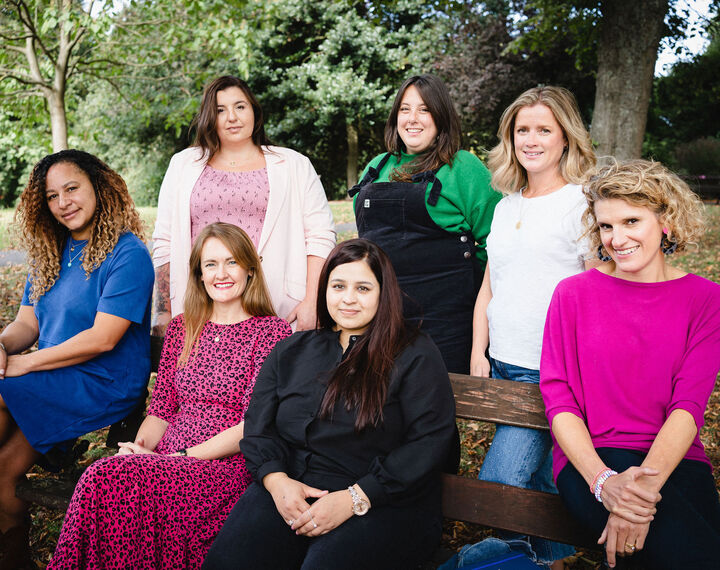 Published date19 February 2024
Published date19 February 2024 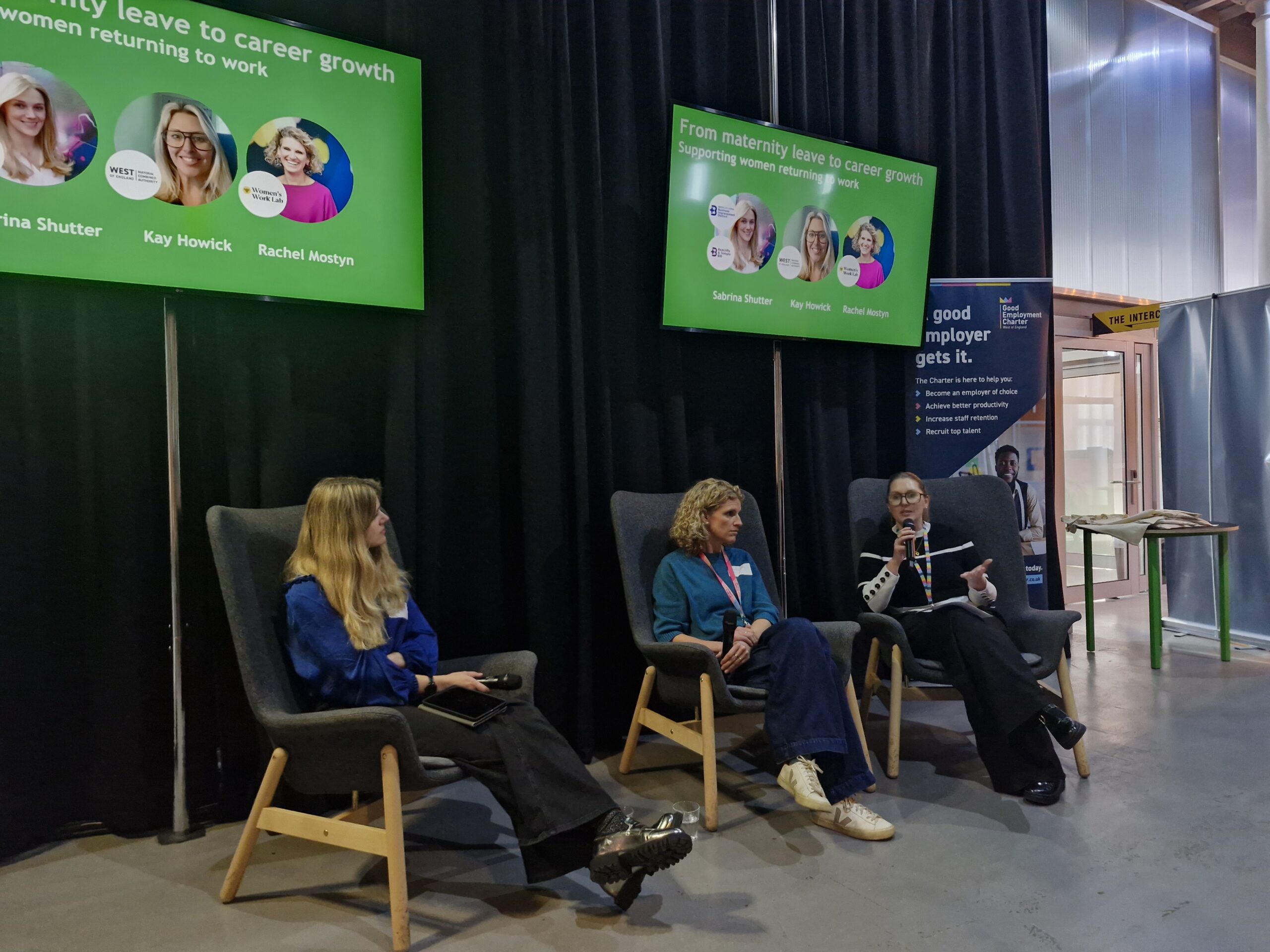 Published date12 March 2025
Published date12 March 2025  Published date13 June 2022
Published date13 June 2022 